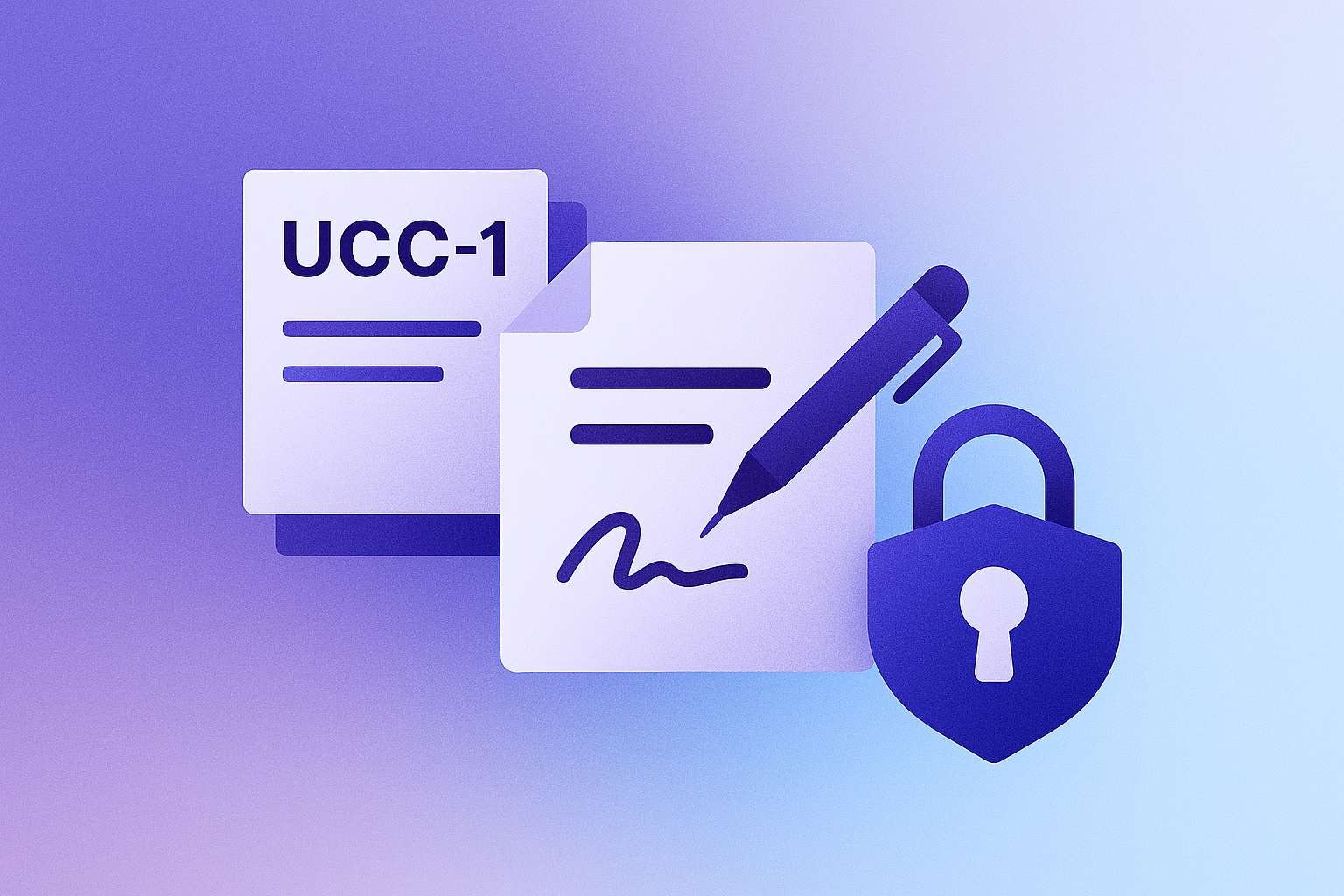Quick Summary
When verifying businesses for risk, fraud, and KYB (Know Your Business) compliance, it’s essential to understand the key differences between sole proprietorships and registered entities like LLCs or corporations. Sole proprietorships may lack formal records or state registration, making verification more complex and riskier. This guide explains the distinctions, outlines risks, and shows how advanced KYB platforms like Baselayer help financial institutions make confident decisions using AI-driven insights.
What is the difference between a Sole Proprietorship vs. Registered Business?
In the world of business identity verification, not all entities are created equal. For financial institutions, lenders, and fintechs, verifying the legitimacy of a business is critical—not just for compliance, but also to mitigate fraud and risk. Yet one common source of confusion lies in distinguishing sole proprietorships from registered businesses such as LLCs and corporations.
So, what happens when a business appears unregistered? Does that mean it’s not legitimate? Not necessarily. But it does raise flags that require deeper investigation.
This article breaks down:
- The difference between sole proprietors and registered businesses
- Why it matters for KYB (Know Your Business) and fraud checks
- Real-world examples to bring clarity
- How Baselayer makes this process smarter and more secure
Understanding the Two Business Types
1. Sole Proprietorship
A sole proprietorship is an unincorporated business owned by one individual. It’s the simplest business structure—often used by freelancers, consultants, or small service providers.
Key Characteristics:
- May not be registered with the state
- May use a personal Social Security Number (SSN) or optional EIN
- Can operate under a “Doing Business As” (DBA) name
- No legal separation between owner and business
Example:
“Lily’s Pet Sitting” is run by Lily from her home. She invoices clients and has a business bank account under a DBA, but there’s no formal state registration. She uses her SSN and an optional EIN for tax purposes.
2. Registered Business (LLC, Corporation, etc.)
A registered business is legally distinct from its owner. This includes LLCs, S-Corps, and C-Corps.
Key Characteristics:
- Must be registered with the Secretary of State
- Has a dedicated EIN (Employer Identification Number)
- Requires public filings, bylaws, and formal structure
- Often includes officer or owner disclosures
Example:
“PawPro Pet Services LLC” is registered in California with the Secretary of State. It has an EIN, a business license, and clear documentation of ownership and officers.
Key Differences That Matter for Business Verification
A. Legal and Public Record Footprint
- Sole Proprietors: Minimal visibility. May not show up in state records unless they file a DBA.
- Registered Businesses: Publicly accessible records (Secretary of State databases, EINs, licenses).
✅ Baselayer can instantly verify LLCs or corporations using public filings and legal databases. Sole proprietors require more layers of identity correlation.
B. Tax ID and Bank Accounts
- Sole Props: May co-mingle personal and business finances, especially if only using an SSN.
- Registered Businesses: Legally required to maintain separate accounts.
💡 A business that can’t be tied to a separate EIN or banking record might trigger risk alerts in Baselayer’s KYB workflows.
C. Ownership and Risk Transparency
- Sole Props: Hard to verify ownership or legitimacy—risk of spoofed identities or informal operations.
- Registered: Beneficial ownership, agents, and officers are typically documented and traceable.
📉 For underwriters or risk teams, these distinctions impact fraud modeling, especially when dealing with high volumes of small business applications.
How Baselayer Enhances KYB and Fraud Detection
Baselayer helps financial institutions navigate these challenges with AI-powered identity verification and risk scoring.
Key Capabilities:
- Cross-referencing business names and addresses against national and state datasets (SOS, IRS, courts)
- Identifying inconsistencies in EIN usage, business type, and legal presence
- Pull pattern tracking: Detects if the same identity is queried across multiple lenders—flagging synthetic identity fraud
- Behavioral intelligence: Baselayer continuously monitors how a business repays loans or lines of credit across its client network
Example in Action:
A lender receives an application from “GreenTech Advisory,” claiming to be an LLC. Baselayer reveals:
- No state registration
- EIN belongs to a different business
- Multiple inquiries on the same identity from various fintechs in recent weeks
🔔 Fraud alert triggered — before any funds are disbursed.
Business Type Summary Table
| Feature | Sole Proprietor | Registered Business |
|---|---|---|
| Legal Separation | No | Yes |
| Public Filings | Minimal (DBA optional) | Yes (state-level) |
| EIN Required | No | Yes |
| KYB Complexity | Higher | Lower |
| Risk Profile | Identity misuse or spoofing | Shell activity or false claims |
Conclusion
In today’s digital financial landscape, the ability to quickly and accurately distinguish between different types of businesses is more important than ever. Sole proprietorships aren’t inherently risky—but their lack of formal records makes identity verification harder. On the other hand, registered businesses offer more transparency but aren’t immune to fraud.
Baselayer’s intelligent KYB platform equips banks, fintechs, and lenders with the tools they need to confidently verify, score, and monitor all types of businesses—registered or not.
🔎 FAQs
1. Is an unregistered business automatically fraudulent?
No. Many sole proprietors legally operate without formal registration, especially in low-risk service industries. However, they do require deeper due diligence.
2. How does Baselayer verify a sole proprietorship?
Baselayer combines data sources like EIN registries, DBA filings, invoice records, and behavioral data to build a complete profile—even for unregistered businesses.
3. What risks are higher with sole proprietorships?
They include identity spoofing, fake businesses using borrowed SSNs, and limited traceability in legal disputes.
4. Can a registered business still commit fraud?
Yes. Fraudulent actors can create shell LLCs. That’s why Baselayer examines both legal filings and behavioral signals to detect anomalies.
5. What happens when Baselayer detects a mismatch in business identity?
Baselayer flags the record for further review, potentially halting loan processing or triggering manual underwriting intervention.
